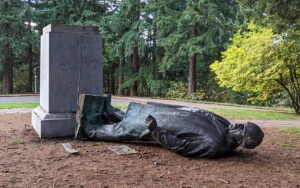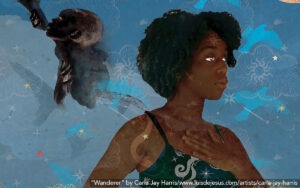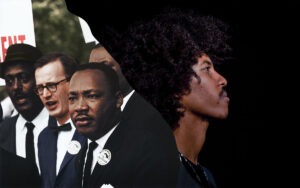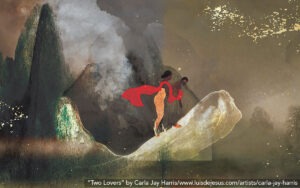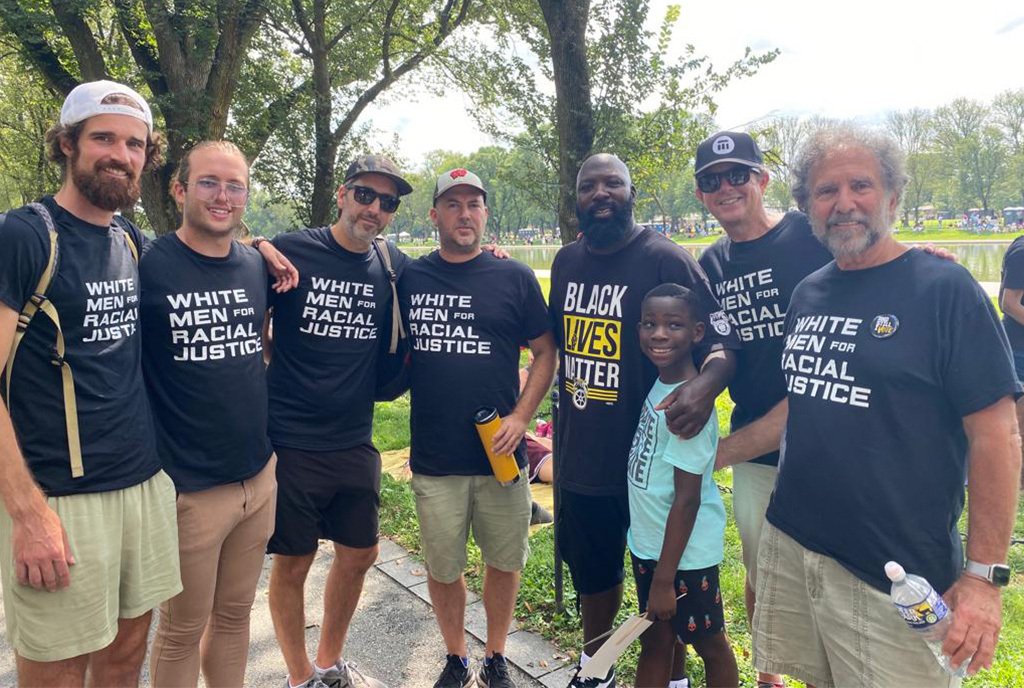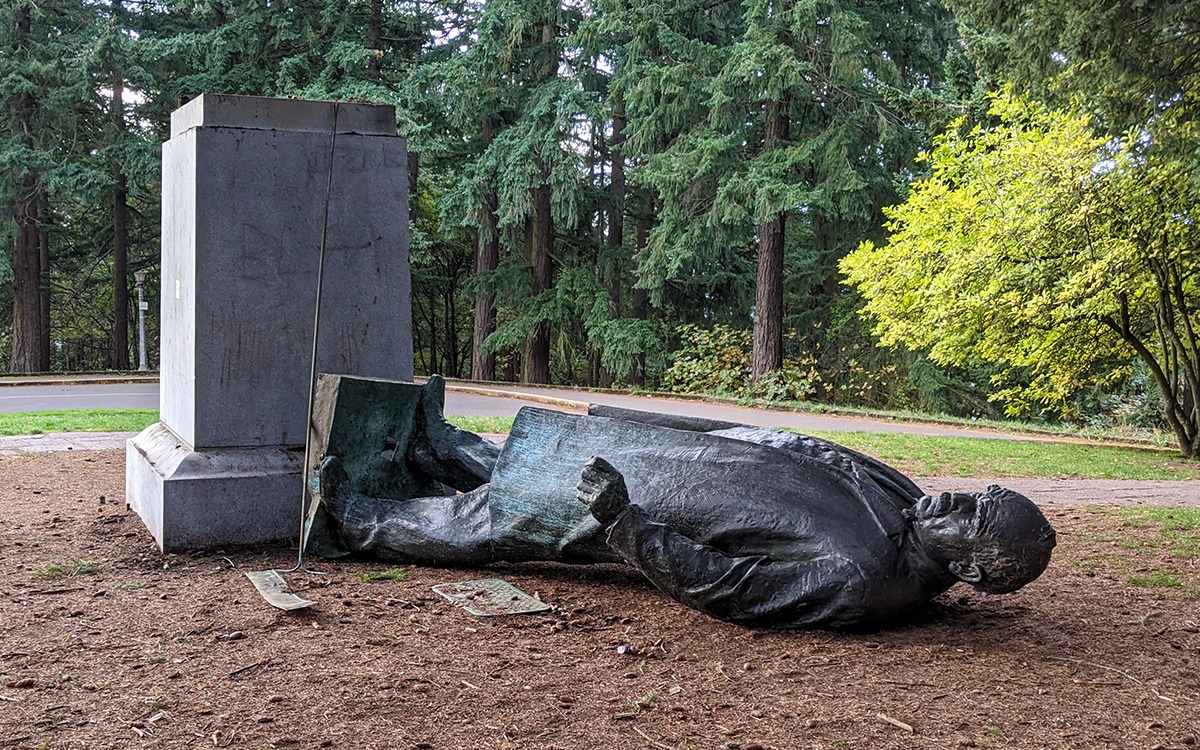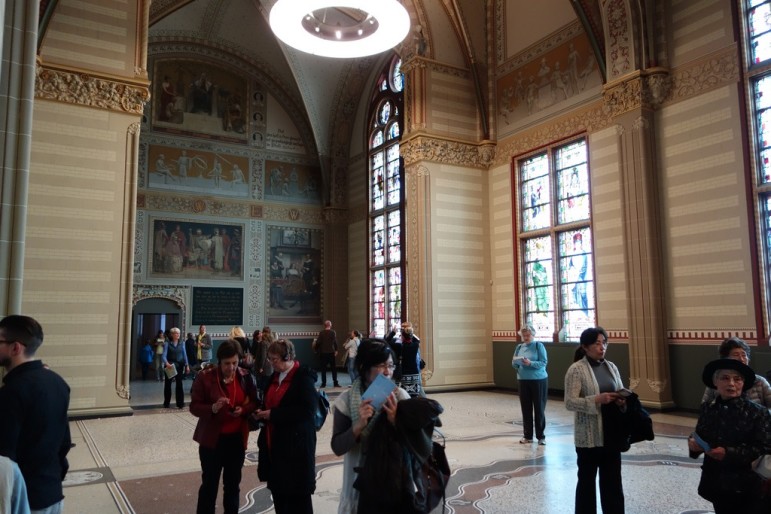
December 15, 2015; The Daily Beast
A new “Adjustment of Colonial Terminology” program at the Rijksmuseum in Amsterdam seeks to remove outdated racist terminology from its artwork titles to avoid offending museum-goers. Terms associated with racial stereotypes such as “Indian,” “negro,” “dwarf,” and “Mohammedan’’ (a term once associated with Muslims) are being replaced by more politically correct words. The Rijksmuseum has already altered more than 200 names. For example, a 1900 painting originally titled “Young Negro-Girl” has been renamed “Young Girl Holding a Fan.”
Sign up for our free newsletters
Subscribe to NPQ's newsletters to have our top stories delivered directly to your inbox.
By signing up, you agree to our privacy policy and terms of use, and to receive messages from NPQ and our partners.
Although these original titles will still remain on labels, some art historians are critical of the changes, calling it censorship. Martine Gosselink, head of the Department of History at the Rijksmuseum, who initiated the project, explains that instead of rewriting history, “The point is not to use names given by whites to others.” Artworks were generally not named until the late 18th century and were usually named by exhibition curators, not the artists who created the art.
Initiatives to refrain from racially insensitive terminology are commendable (NFL Washington franchise owner Dan Snyder clearly hasn’t gotten the memo), but they also raise numerous other questions. Should the same standard now extend to literature and other forms of art and history? Where do we draw the line, and are we then omitting historical context? While it’s important not to erase our history, we also need to acknowledge and move away from sensitive terminology that could be perceived as racially offensive to members of our various communities. Could the Rijksmuseum set a new precedent for political correctness in museum institutions? — Aine Creedon




